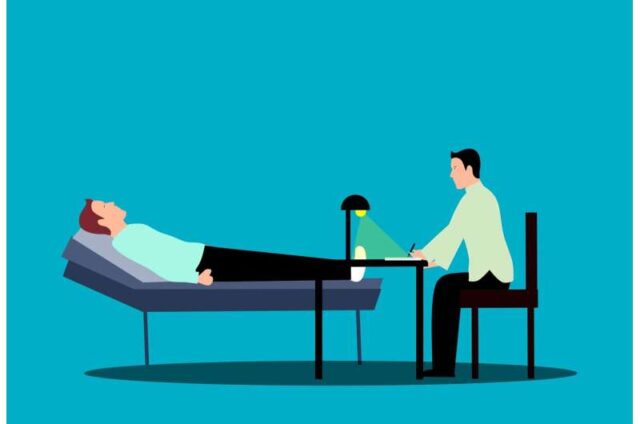[blank h=”30″]
[/blank]
EMDR Therapy for Anger & Frustration
No matter how global, technologically advanced, or organizationally cultured our workplaces become, we are still humans interacting with others. We aren’t going to agree or see eye-to-eye at all times. We might encounter clients, colleagues, or supervisors who are rude, manipulative, or narcissistic. At times, you might experience frustration or angry feelings because of work situations. First, know that having feelings about your work is healthy and normal. A sense of frustration or angry feelings may be an indication that something is wrong, or that you aren’t in a healthy situation.
If these negative states seem overwhelming, or if your employment is at risk, it might be time to seek help or psychotherapy. When negative feelings seem out of proportion to the current situation, or linger in spite of attempts to make changes, it is possible that past negative experiences are being triggered. EMDR therapy may be useful in exploring and resolving past experiences which may be contributing to an amplification of negative feelings in trigger situations.
Here are a few tips to managing these feelings that you can try on your own:
1. Remove Yourself From the Situation
If you feel the familiar heat, pull, or tension of anger at work, take a break before addressing the situation. Before a short fuse gets the better of you, suggest a five minute cooling off period before continuing. Consider validating that the situation needs to be addressed, and prepare yourself. A simple statement can go a long way, such as: “I know this has been a hot topic in the past, let’s take five minutes to cool off before we address it again. It’s important that we resolve this.” During this break, use some deep breathing, remind yourself that emotions come and go, or use some simple counting to ground yourself.
- Use Your Breath to Calm Your Body and Mind
One way to calm the physical body is to cue relaxation by deep breathing. Inhale slowly for a count of 4, hold the breath for a pause, exhale slowly for a count of 4, and hold the breath for a pause. Repeat and continue this slow, controlled, deep breathing for one to two minutes and allow yourself to release some of the physical tension. You always have your breath with you, so this can be extremely helpful in day-to-day situations.
When we experience high levels of frustration, anger, or stress, the body prepares for dramatic events. You may feel tension, blood rushes, or feel on edge, ready to run or fight. These physical sensations are your body’s way of preparing for danger. Since it is never appropriate to physically fight at the office, this preparation is often counterproductive. We know that you have better access to your thinking brain when you are calm, and your thinking brain is typically what you need to help you manage challenging work situations. So breathe, calm the body and mind.
- Keep Your Thoughts Balanced
Be aware of the thought reel running in your mind. Is it fueling negativity with words like “always” and “never?” These absolute words are a key that your thoughts may be making the situation worse. Can you think of a time before you felt like this at work? Can you imagine a situation in the future where you aren’t experiencing these feelings? Remember that emotions come and go, and your thoughts influence your experience of feelings. If you are experiencing negative feelings, it is good to remember that you can change your situation, you have choices, and you are more than this one feeling.
4. Change The Emotional Channel
It is important to focus on other areas of your life and take your mind off of the troubling situation. Work isn’t the only part of your life, and feelings of frustration or anger can have a way of overwhelming you into thinking that it is. Change the channel on these feelings for awhile by engaging in a mentally, physically, or socially stimulating activity, such as: reading a fun novel, completing crosswords, playing social games, taking a workout class, go for a run, meet up with friends, or go to a networking event. Your feelings of frustration or anger are not the things that define you.
If you find that you are stuck on repeat feeling frustration or anger due to work situations, and can’t seem to let it go, EMDR therapy might help you move forward. An EMDR therapist will discuss your concerns and assist you in creating a timeline or history of the problem, and explore previous times and situations you felt these feelings. By identifying, reprocessing, and resolving past negative experiences, the emotional charge of the current work situation can be reduced. Because EMDR therapy targets the past, the present, and the future, the benefits of EMDR therapy can be long-lasting.



